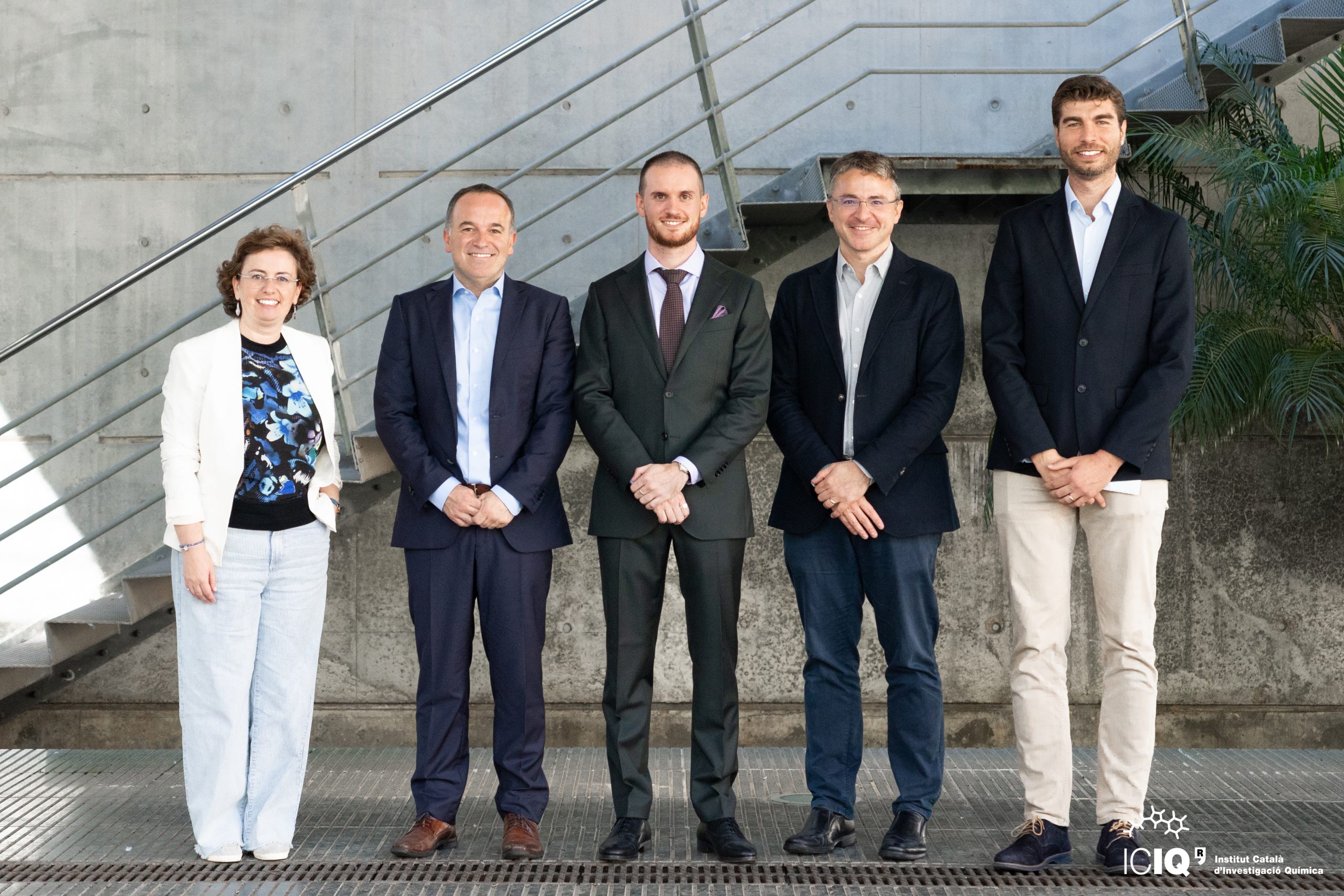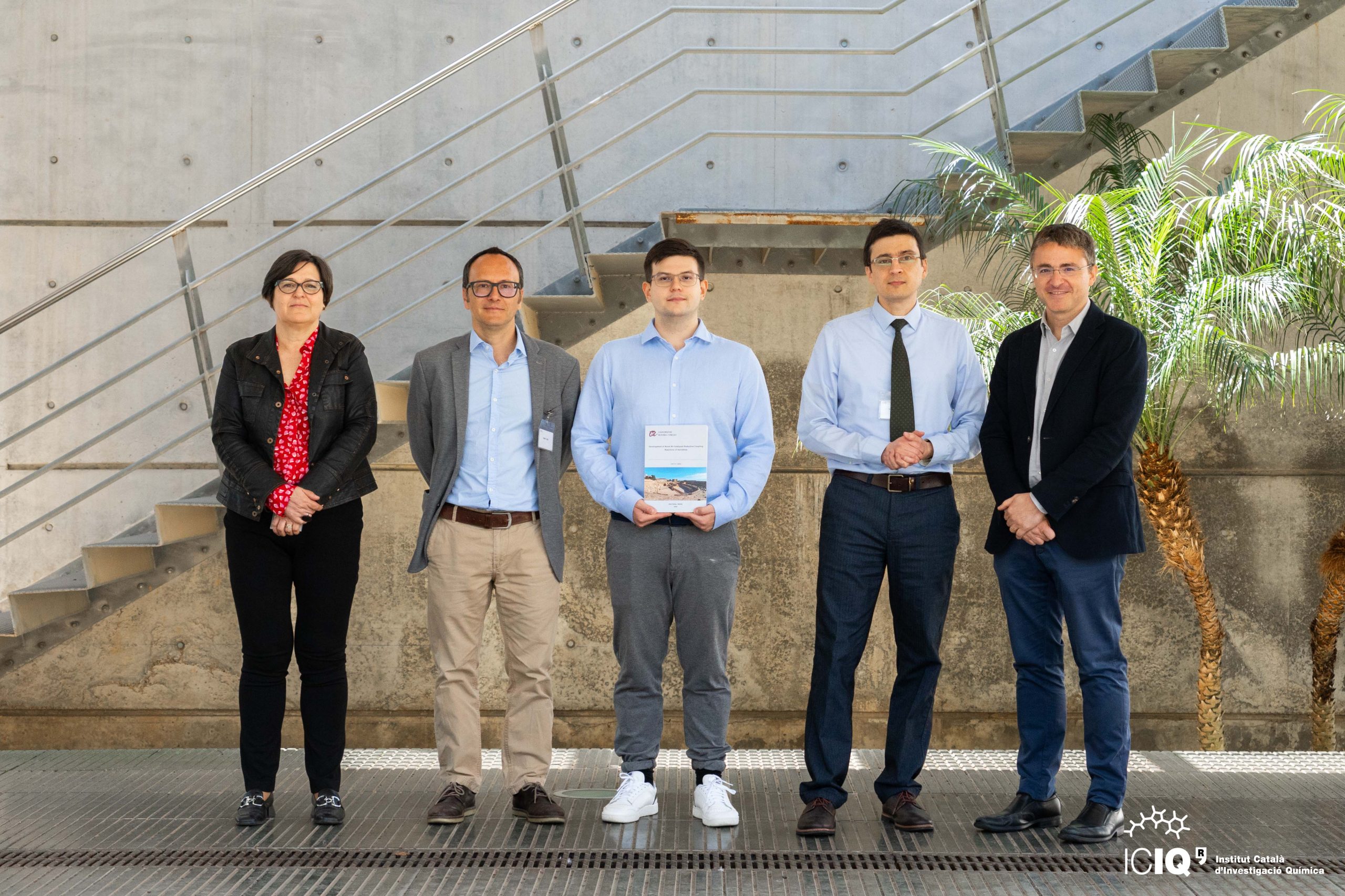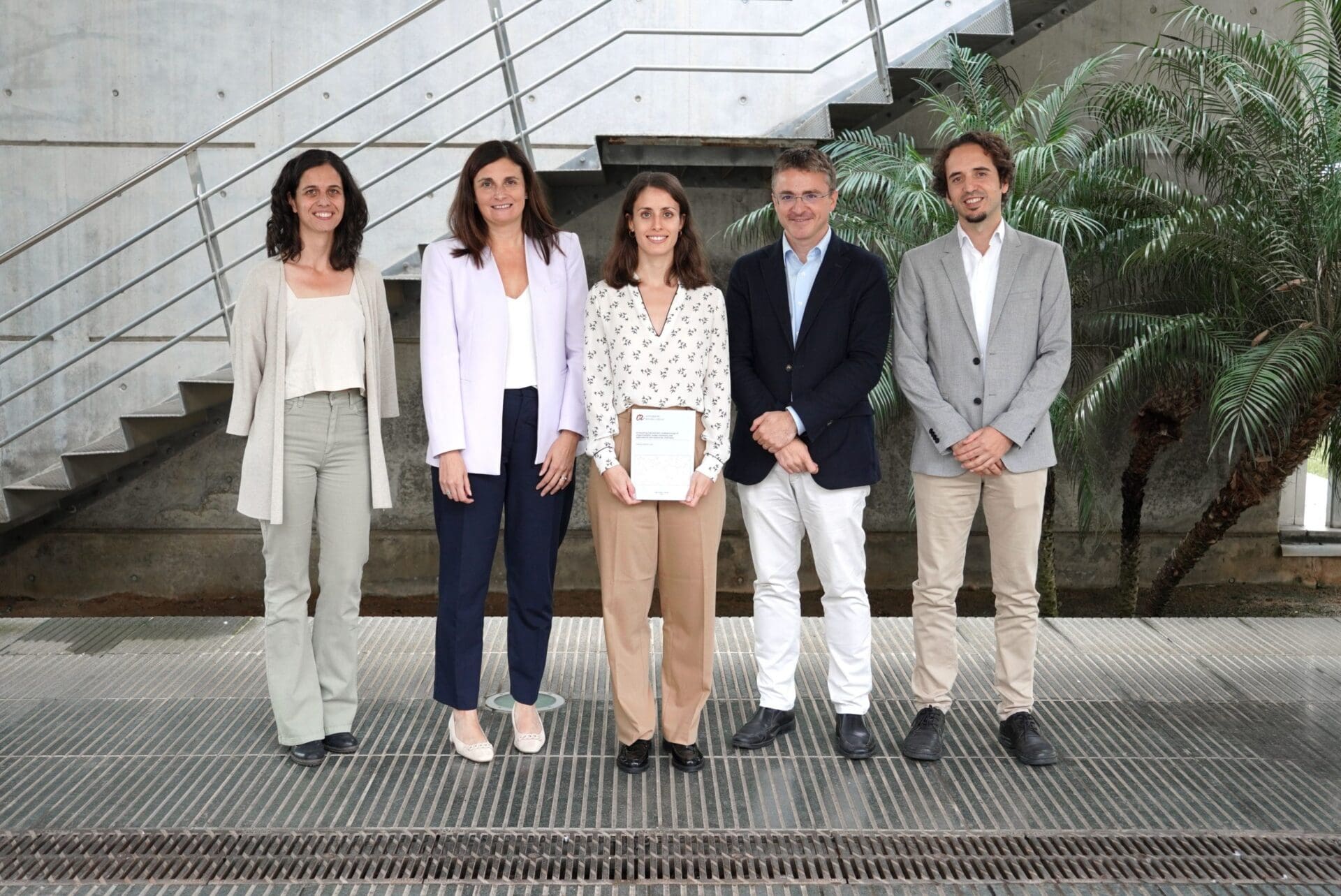JACS paper by Martin et al. among most read in January 2017
A paper published by Prof. Rubén Martín’s research group in JACS is among the most read articles in January 2017.
Metal-catalyzed transformations that forge carbon–heteroatom bonds are of central importance in organic synthesis. Despite the formidable potential of aryl methyl ethers as coupling partners, the scarcity of metal-catalyzed C–heteroatom bond formations via C–OMe cleavage is striking, with isolated precedents requiring specialized, yet expensive, ligands, high temperatures, and π-extended backbones. We report an unprecedented catalytic ipso-silylation of aryl methyl ethers under mild conditions and without recourse to external ligands. The method is distinguished by its wide scope, which includes the use of benzyl methyl ethers, vinyl methyl ethers, and unbiased anisole derivatives, thus representing a significant step forward for designing new C–heteroatom bond formations via C–OMe scission. Applications of this transformation in orthogonal silylation techniques as well as in further derivatizations are also described. Preliminary mechanistic experiments suggest the intermediacy of Ni(0)-ate complexes, leaving some doubt that a canonical catalytic cycle consisting of an initial oxidative addition of the C–OMe bond to Ni(0) species comes into play.
A Mild and Ligand-Free Ni-Catalyzed Silylation via C–OMe Cleavage
C. Zarate, M. Nakajimaand, R. Martin
J. Am. Chem. Soc., 2017, DOI: 10.1021/jacs.6b10998
Related news

Let's create a brighter future
Join our team to work with renowned researchers, tackle groundbreaking
projects and contribute to meaningful scientific advancements







 12-12-2024
12-12-2024 


















